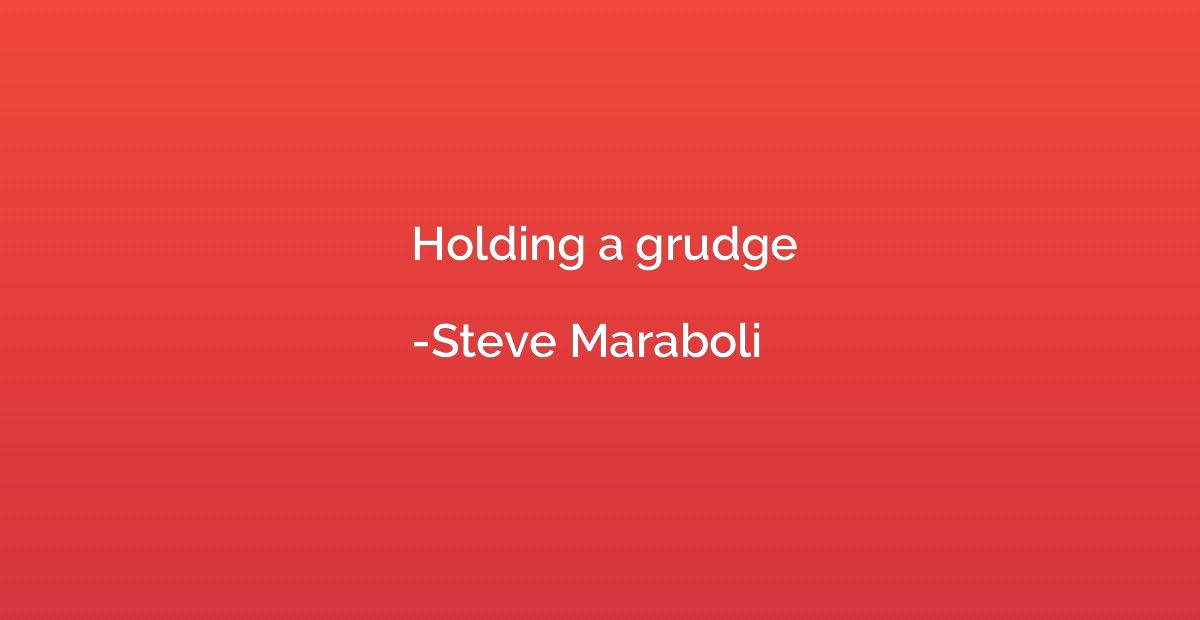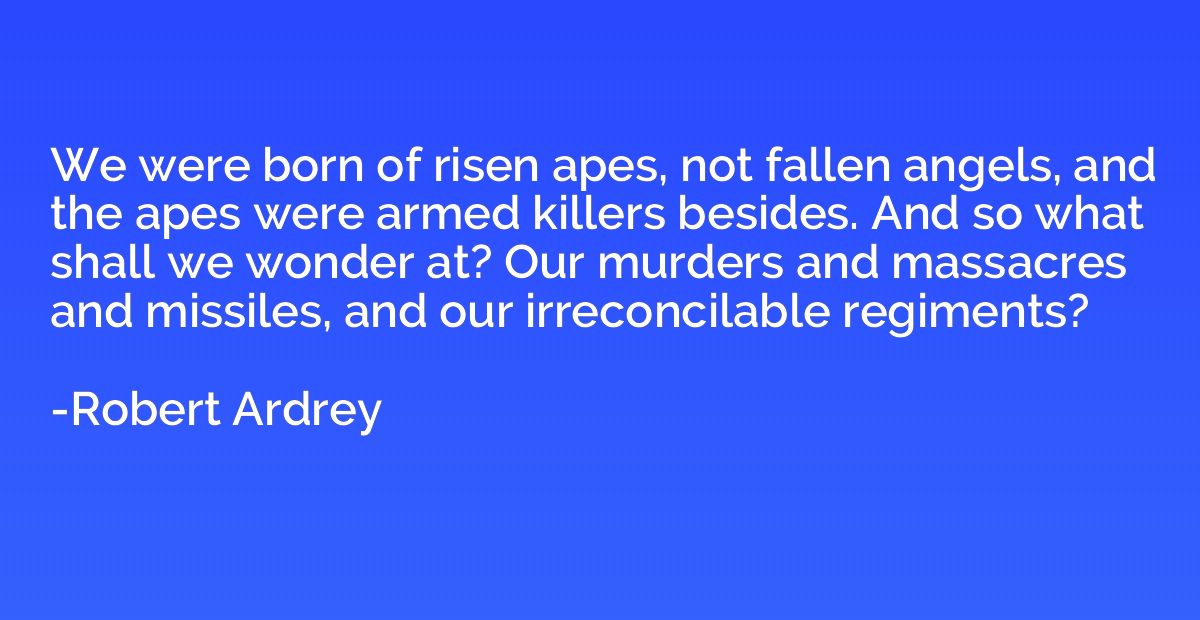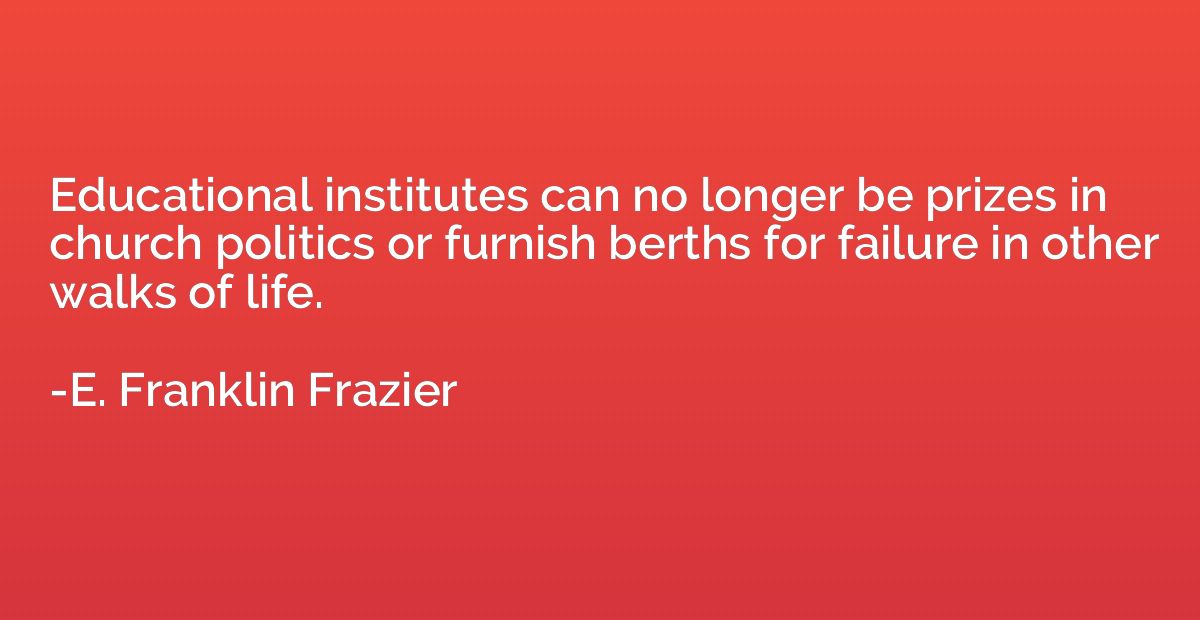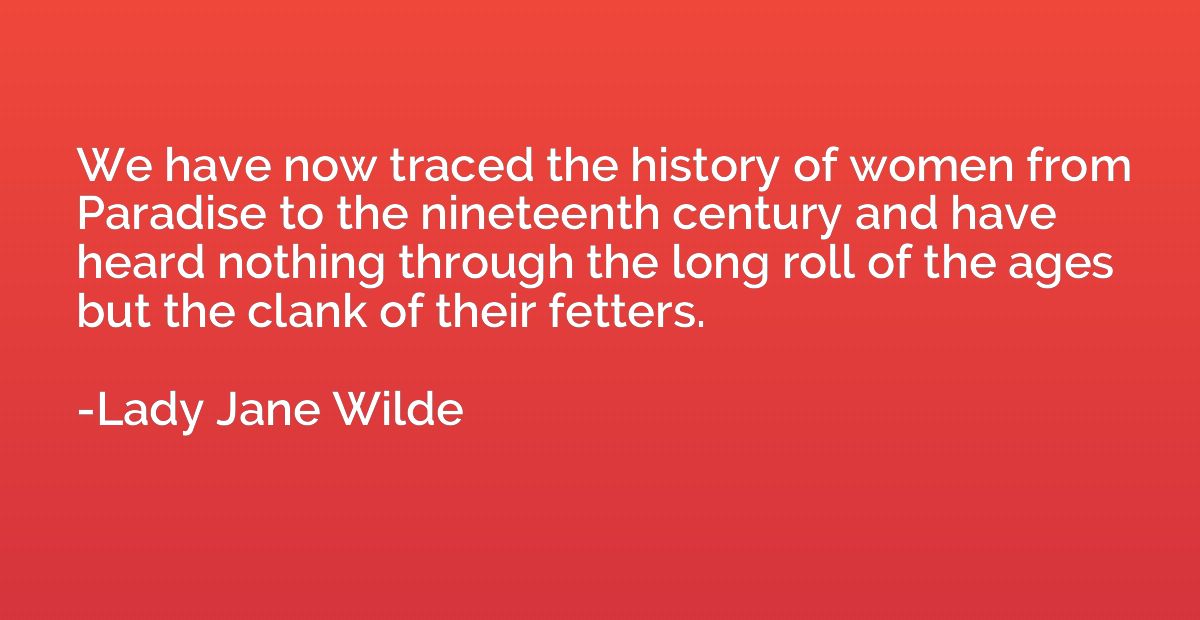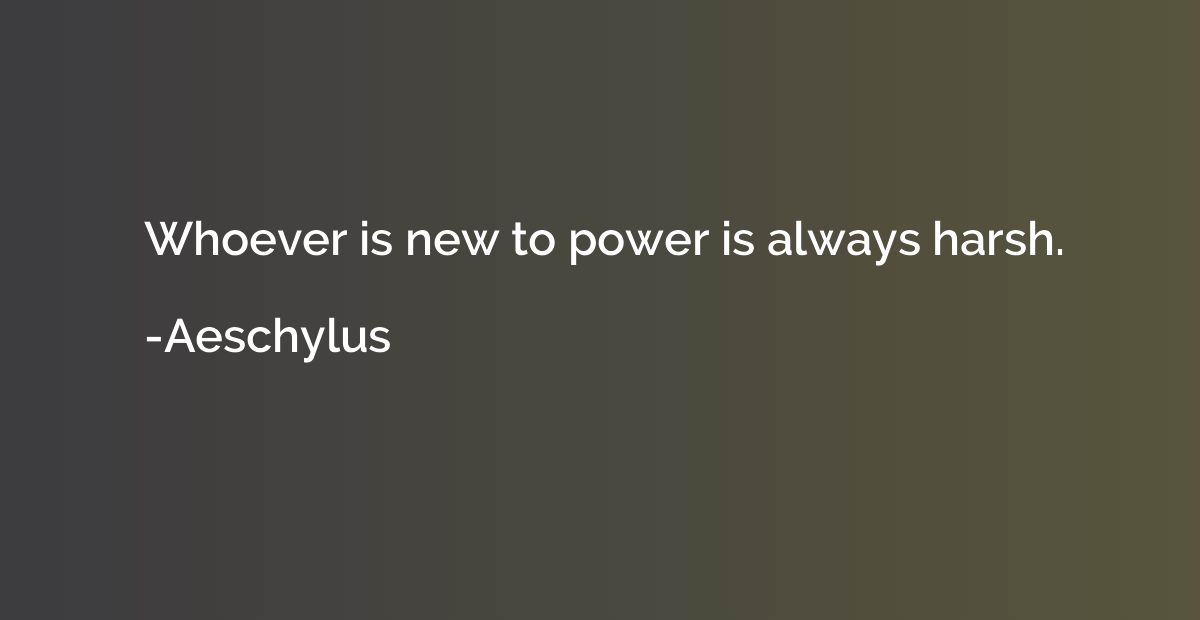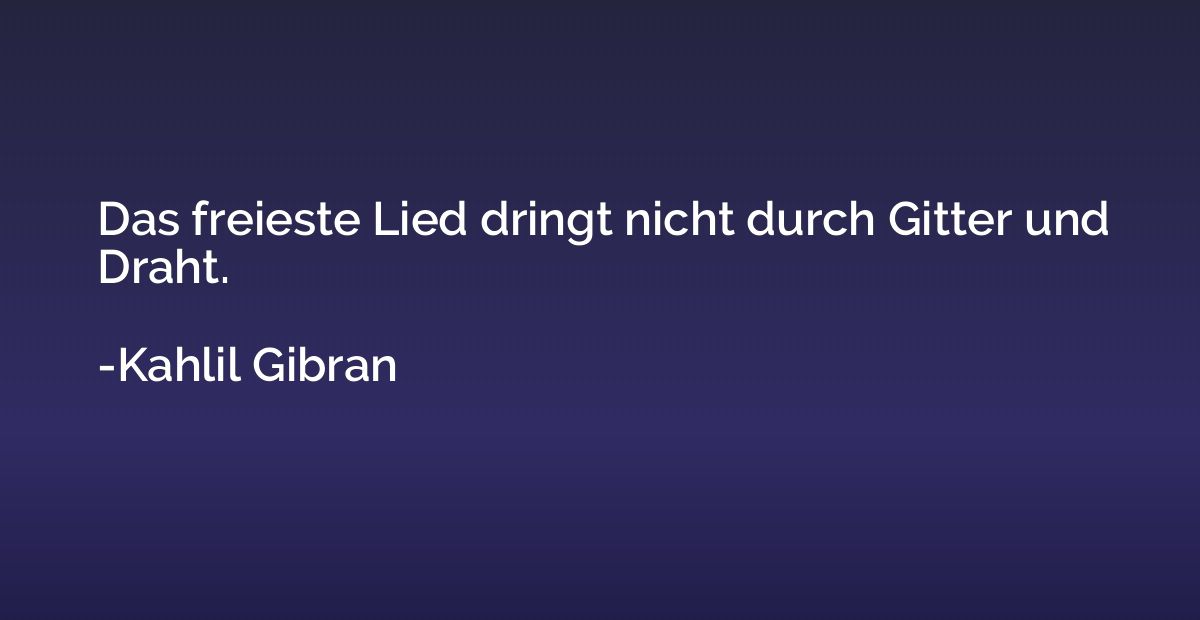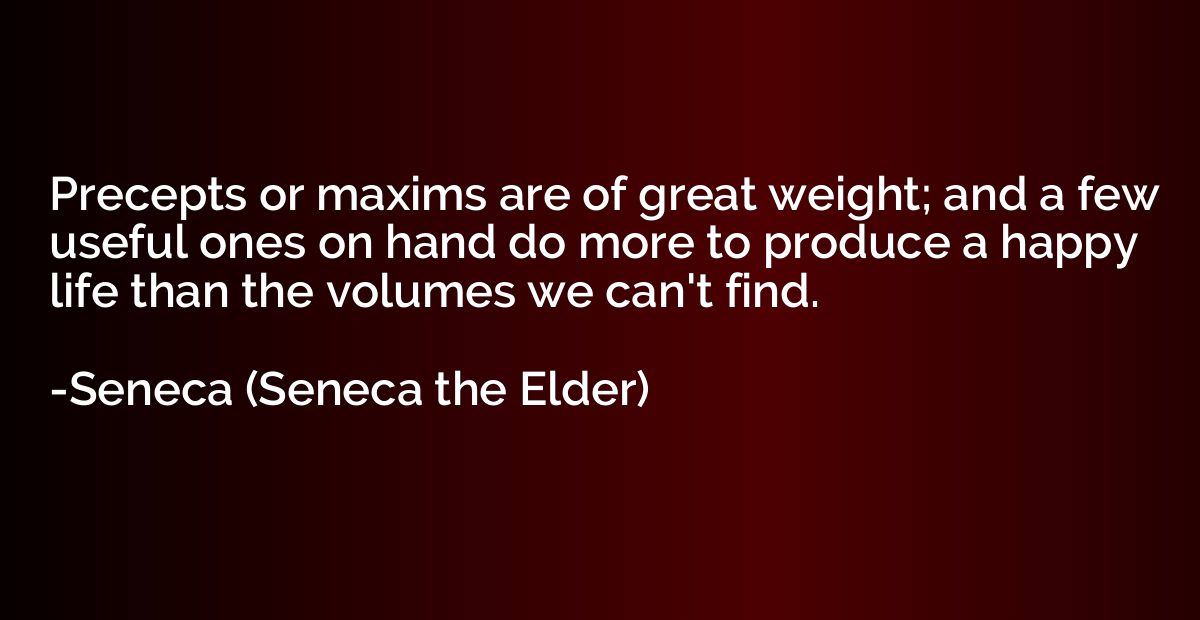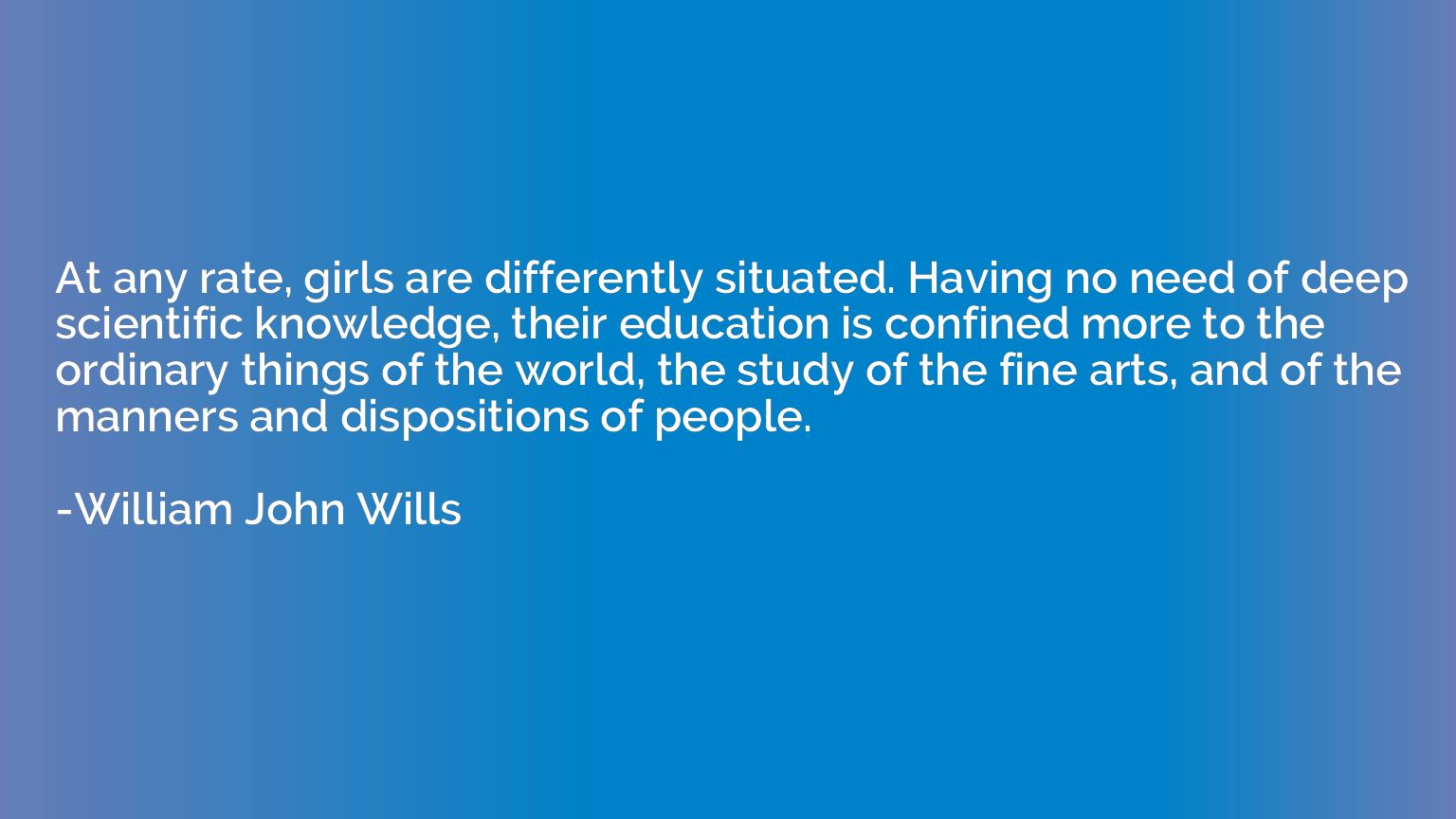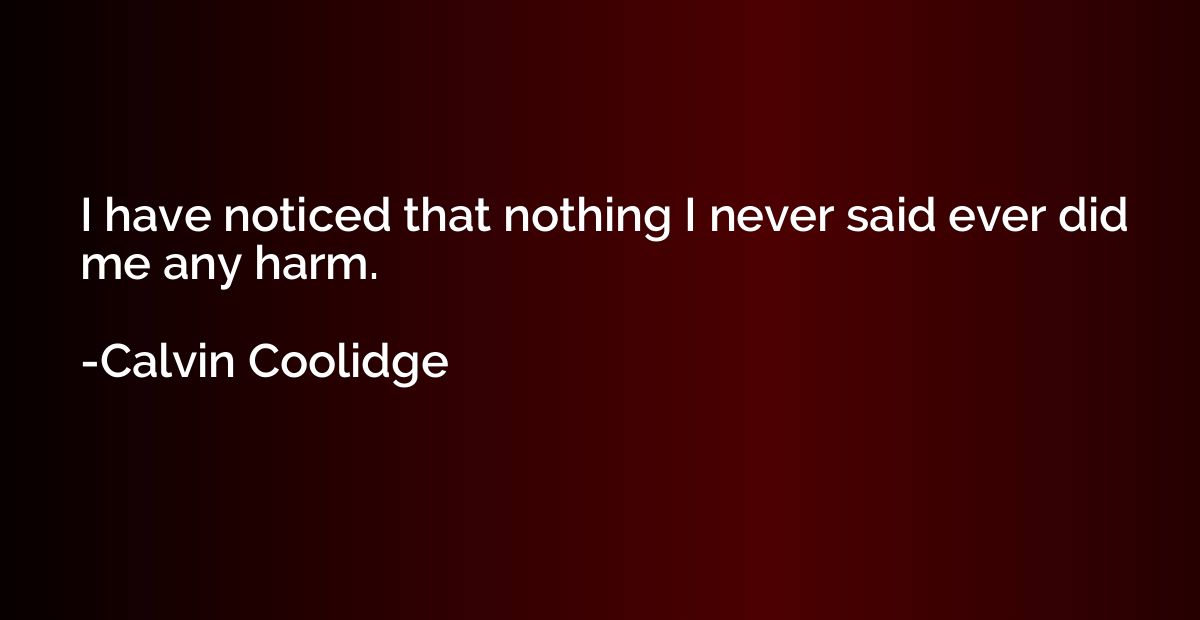Quote by Hal Borland, Autumn is for Under
October is the fallen leaf, but it is also a wider horizon more clearly seen. It is the distant hills once more in sight, and the enduring constellations above them once again.
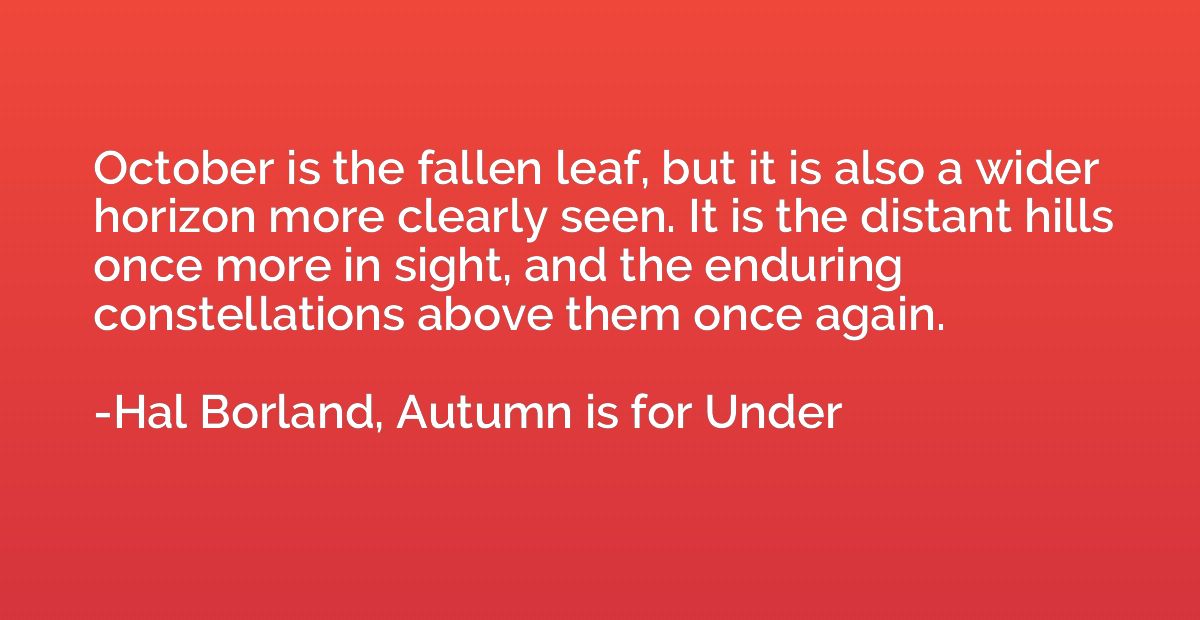
Summary
This quote illustrates the dual nature of October. On one hand, it is characterized by fallen leaves, symbolizing the cycle of decay and the passing of time. On the other hand, it represents the expanding perspective - a wider horizon - that comes with the changing season. The quote suggests that as the leaves fall, one gains a clearer view of the distant hills and the timeless constellations, emphasizing both the fleetingness of life and the enduring beauty that lies beyond.



